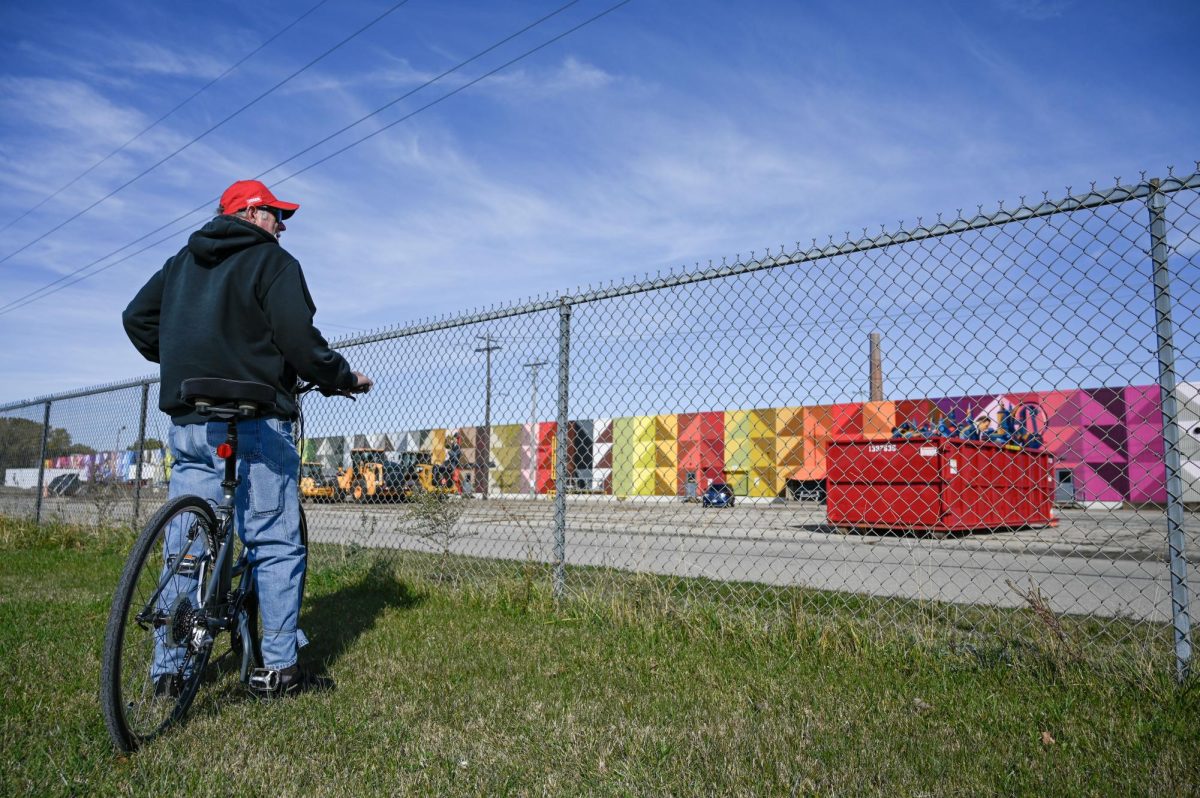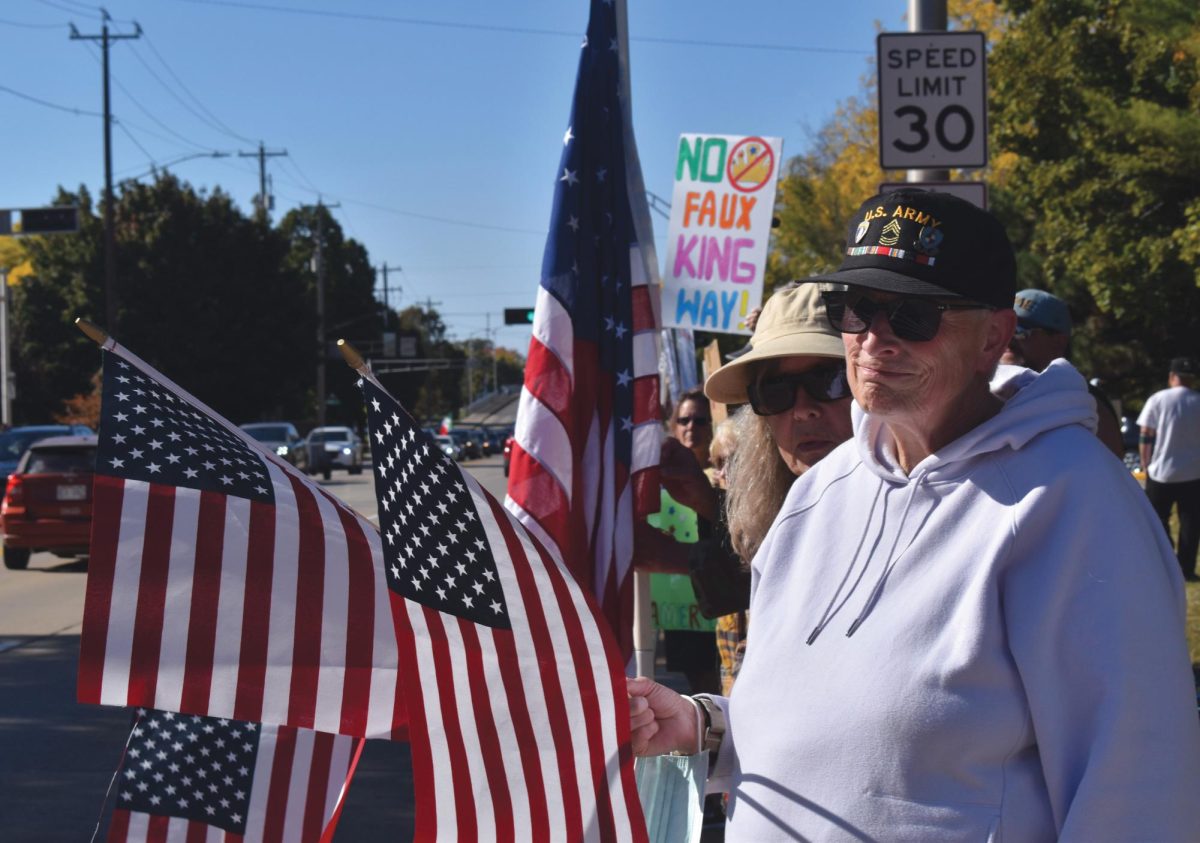UW Oshkosh hosted Special Olympics for the 40th consecutive year at the Kolf Sports Complex and Albee Hall on April 9 and 10. According to the Special Olympics booklet, the Special Olympics mission is to provide year-round sports training and athletic competition in a variety of Olympic-type sports for children and adults with intellectual disabilities. Marc Nylen, the director of the Gruenhagen Conference Center for over 20 years, said more than 1,100 people attended or helped out with volunteering at the Special Olympics. About 900 of those will be athletes, coaches and parents, Nylen said. Then the additional, roughly 200 or so, are volunteers. Nylen, who organized the event, said there are a few main reasons why UWO started hosting Special Olympics. We are able to provide lodging, theres usually about 350 to 400 people who will lodge, that was a primary consideration, Nylen said. And then the fact that we have a beautiful sports complex. The group has utilized Kolf Sports Center and Albee. In addition to allocating space on campus, Nylen said this event would not be possible without the hundreds of volunteers. The element for volunteerism would be people who are serving as refs [and] statisticians, Nylen said. Our UWO mens basketball team does a game where they play against Special Olympics, Nylen said the ROTC has a huge contribution to making this event possible. As long as I can remember and Im sure far longer [than] that, the ROTC folks have met on Friday, Nylen said. They help unload all of the trucks, get the set-ups complete, and then on the back end they tear it down. The labor that they provide and the talent to do that, we would never be able to run this event without ROTC. Nylen said Special Olympics also offers things such as optical care, dental care and hearing exams, free of charge throughout the weekend. Theres doctors from the community, from Milwaukee, Madison, Oshkosh, Appleton who will donate their time, donate their supplies, Nylen said. Those athletes to be able to get access to those resources, at the same time they are participating in a tournament, its sort of the old adage You can kill two birds with one stone. Matt Janssen, a volunteer who helped with health screenings, said volunteering for Special Olympics is a good opportunity to give back to the community, as well as practice his skill set. I think its helping athletes get the care they need if they need it, Janssen said. Its good to help people who may need care that cant get it otherwise. Nylen said he thinks Special Olympics is a recognizable and meaningful organization, which brings the community together. They will donate, either their time or funds, to support this great organization, Nylen said. Volunteer Scott Dudzik said he decided to volunteer because it is a good way to give back and stay humble. It gives you a different look at life, Dudzik said. I feel like if other people get that opportunity theyll start to improve life for [the competitors]. Chris Adams, a volunteer at Special Olympics, said he came out to cheer on the kids as they enjoy sports. You know they dont always get the opportunities I suppose that other people do, Adams said. I just like to see people having fun and playing sports. One of those people is James Graff, who has been playing basketball since he was 8 years old, who said his favorite part of coming to the Special Olympics is to have fun. I like seeing other people around different agencies, Graff said. Tommy Hayward, an athlete who participated at the event, said he got to play with New York Knicks All-Star Carmelo Anthony. We started playing, he is really good at it, Hayward said. He gave me his autograph as well. We played for it and I won. Nylen said the most inspiring part of hosting Special Olympics is seeing the athletes feel like this is their campus as well. I would say for me, seeing an athlete or a group of athletes as an agency, coming back and their excitement when they arrive on campus, Nylen said. They feel like this is their campus and theyre going to lodge in our residence hall rooms, theyre dining in our commons, theyre using our athletic facilities . Its like theyre coming home.
Categories:
40th consecutive Special Olympics held at UW Oshkosh
April 13, 2016
0
More to Discover








